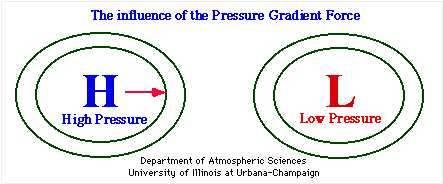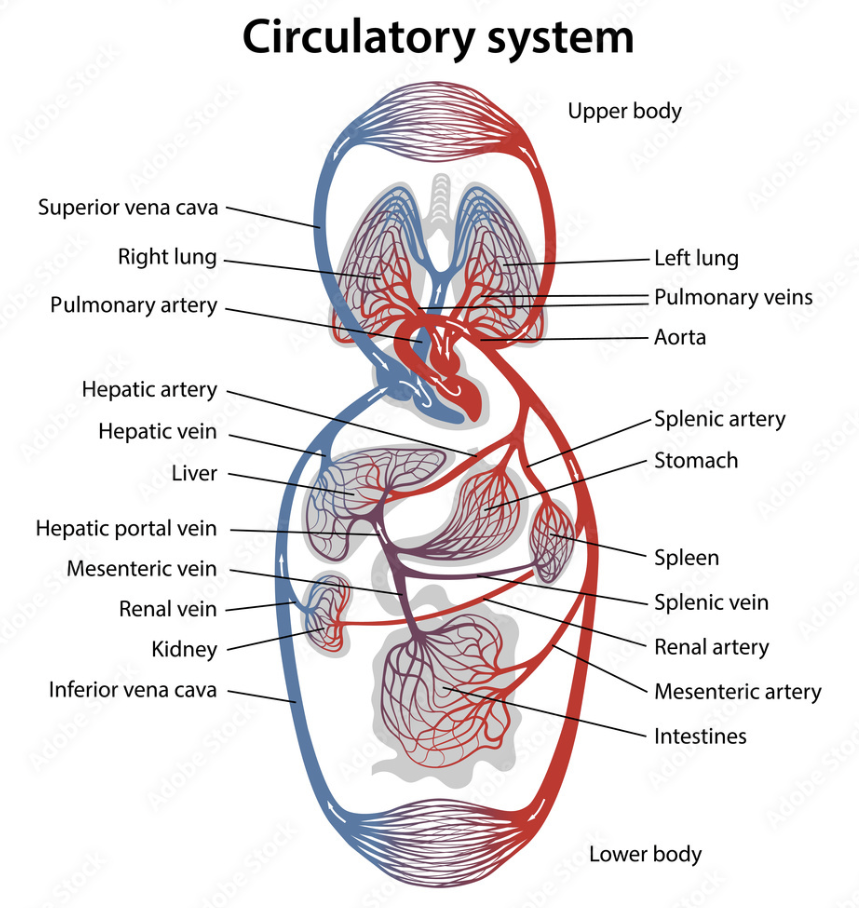What is Cancer?
According to most sources, cancer is defined as a disease. A disease in which some of the body’s cells grow in an uncontrolled manner often times spreading to other parts of the body.
I would like to offer a different perspective.
I would like to suggest that it is not a disease in and of itself but one of many stages of a logical process that takes time to develop. It is not something that simply happens to an individual by chance, but an end-stage of a long process that has a growth that is organic and measurable in nature.
If someone finds themselves in a situation where they are what we call being diagnosed with cancer it’s not by chance. It is a logical process that can be observed, usually over many years, if one knows what evidence to look for that leads to that diagnosis.
All that to say, that cancer is not the problem, but a sign of a body that has been in a state of disease for quite some time.
How do we end up there?
That depends on a number of factors in the overall equation of a life form. It primarily depends on the state of the soil in which the seed is planted by the farmer. The soil in this case would be the mother’s womb. And the seed would be the germ(sperm) placed by the farmer(biological father) within that soil.
One might ask, what does the mother’s body have to do with someone being diagnosed with cancer?
I am not sure that most would have a good answer for this, but I believe after almost 5 years of research on the subjects of human physiology and disease pathology that I have gained some unique insights that might very well shed some light on this question. Insights that I might have otherwise missed had I not looked at the human body as a microcosm, within a comparative framework of Earth as a whole eco-system. A smaller version of Earth. A microscopic version of the Earth as a whole considering we are quite literally made from the dust of the Earth and to that dust we will again return.
I chose this framework by which to examine the human condition because of our self-imposed limitations on observing how the human body works at scale. We cannot simply cut open a finely tuned human body to observe how a heart beats or how a brain thinks. We can only observe it from the outside looking in and rather blindly at that.
So what can the earth(land) tell us about how the human body works?
It has been said for millennia that a good tree cannot bear bad fruit, and a bad tree cannot bear good fruit. This I would suggest is the basis by which we can better understand how someone can end up with a diagnosis of cancer at any point within the framework of life from birth to death at the ripe old age of 120.
I imagine some of you are beginning to see the point that I am trying to make. That cancer does not simply befall us, but that it is something that is cultured over a long period of time. If this is what you were thinking, I would have to agree with you. No matter what stage of life we find ourselves in a diagnosis of cancer should come as no surprise. It, in my opinion, is something that we should by now be able to see coming from a distance and that we’ve had the answers for quite some time. We just didn’t realize it.
A better way to understand this might be to look at this is in reverse. As in, what would life look like for someone that would never end up in a place where they were said to have cancer. A life of ease, rather than a life marked with evidence of disease or DIS-ease.
One example of this can be found in the efforts of Dr. Francis Marion Pottenger, Jr., an early twentieth century physician from Monrovia, California. In his research, he discovered that when an animal(cat) consumes an uncooked diet according to their species specific requirements, that they don’t end up in a state of disease. On the other hand, an animal(cat) fed a diet that consists of processed foods ended up with all manner of disease much like we human’s do.
To Be Continued…

